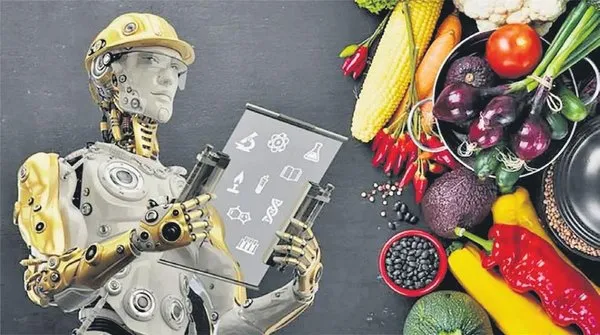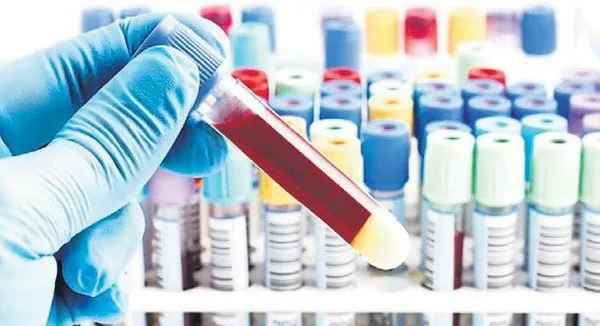They first ask the artificial intelligence and then the expert

Today, artificial intelligence is increasingly prevalent in many areas of our lives, including health and nutrition. Endocrinology and Metabolic Diseases Specialist Prof. Dr. Ela Temeloğlu emphasized that nothing can replace a personalized examination and warned those caught up in the digital world against making mistakes that could lead to serious consequences.

There can be no treatment without seeing. Prof. Dr. Temeloğlu stated that it is not right to expect a treatment or dietary adjustment just by asking artificial intelligence, saying, "Because artificial intelligence does not see you; it only works on the data you enter or asks additional questions. When you enter too much data, very comprehensive answers are presented, and the person may have difficulty selecting the most important answers for themselves."
EXAMINATION IS A MUST. Professor Dr. Temeloğlu emphasized that examinations always begin with conversation, saying, "Talking to the patient provides half of the diagnosis. First, you ask questions and listen to their answers. Then, you examine them and talk again. Past medications, past illnesses, and family history are all factors included in the evaluation. It's currently impossible to make a diagnosis simply by loading data into a machine."

DIET SHOULD BE PERSONALIZED Prof. Dr. Temeloğlu stated that a dietitian creates a personalized program based on the data provided by the individual, adding, "The purpose of dieting is to be personalized; otherwise, there wouldn't be such a branch. As we try to go beyond the standard diet lists, we're starting to encounter situations like this. It seems this could become a serious problem in the near future."
Prof. Dr. Temeloğlu, who stated that patients write down their complaints, ask the artificial intelligence, and come with lists in hand, drew attention to this grave situation: "Professor, the artificial intelligence suggested these. They ask, 'Can you do these blood tests?' When I examine it, the artificial intelligence offers many suggestions, but I see that most of them are unnecessary. The main problem here is information overload. The goal is to reach a diagnosis by sifting through this information pollution. This is an art of medicine."
WHAT MISTAKES ARE BEING MADE? Prof. Dr. Temeloğlu, noting that patients often come to us without knowing their condition, continued: "For example, a patient might not know they have diabetes. But their blood sugar is reading 300 mg/dL. For someone like that to say, 'Artificial intelligence, write me a 1200-calorie diet' is like expecting help from a machine that doesn't know they have sugar. Similarly, if your cholesterol is high, you might be given a completely protein-based diet, or if your triglyceride levels are high, you might be prescribed a large amount of nuts. This is dangerous. It's important to know all this information."
sabah





